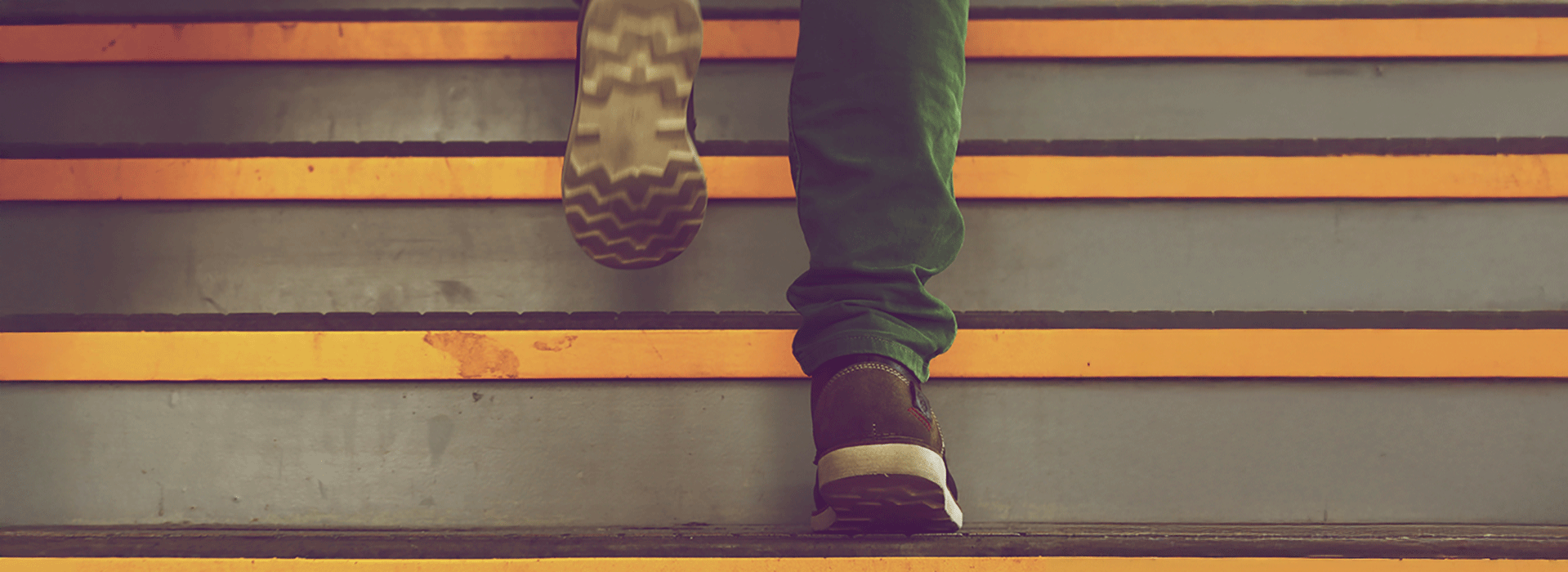Ever wondered if wearing elevator shoe lifts could secretly hurt your back? You’re not alone.
A lot of people are curious about this, and rightly so. After all, your spine is a big deal when it comes to overall health. If you’ve been wondering about the impact of shoe lifts on your posture, back, and lifestyle, stick around. I’ve done the homework for you; there’s some cool stuff to share.
Why People Use Shoe Lifts
The Need for a Height BoostLet’s be real—who doesn’t want a little extra height sometimes? Height-increasing shoe lifts are like your secret weapon, whether for confidence, aesthetics, or making a better impression. They can also help correct uneven leg length, a real issue for some folks.
Medical Benefits You Didn’t Know AboutInterestingly, doctors sometimes prescribe such shoe lifts to address leg length discrepancies (LLD). Even a small difference in leg length can throw off your gait and cause hip or back pain over time. By evening things out, shoe lifts can relieve discomfort in some cases.
The Emotional AngleHeight has an undeniable emotional impact. For those who feel self-conscious about their stature, elevator shoe lifts provide a quick confidence boost. But what about the trade-off?
How Elevator Shoe Lifts Affect Your Body
Posture and Spine Health
Do They Change How You Stand?Wearing lifts can change your natural posture. Imagine standing on your tiptoes for hours—your body shifts to adjust, and that can strain certain muscles. Elevator shoe lifts can tilt your pelvis slightly forward, which might affect your lower back.
Can They Help with Spinal Alignment?Interestingly, some people with leg-length discrepancies use shoe lifts to correct imbalances. This can improve posture and reduce back pain. But here’s the catch: If you don’t need them medically, lifts might create unnecessary strain.
The Importance of Proper Fit
Ill-Fitting Lifts Can Be TroubleIf your shoe lifts don’t fit right, you’re asking for trouble. Wobbly or poorly placed lifts can force your feet and spine to compensate unnaturally, leading to backaches.
Quality MattersNot all lifts are made equal. High-quality elevator shoes and insoles are designed to support your feet properly. Cheap ones? They’re a shortcut to discomfort.
Do Elevator Shoe Lifts Cause Long-Term Back Issues?
The Science of Back Pain and LiftsThe Risks of Overuse
Wearing lifts daily without giving your feet a break could lead to chronic pain over time. But if you use them occasionally and ensure good posture, you might not face any issues.
Strengthening Your Core is KeyBack pain from lifts often comes from weak core muscles. Think about it—your back and abs work together to keep you upright. If your core is strong, you’re less likely to experience discomfort.
Tips to Use Shoe Lifts Safely
Start SmallBegin with a lower lift and gradually increase the height if needed. Your body needs time to adjust to the change.
Wear the Right ShoesShoe lifts work best with shoes that have a firm sole and enough space to accommodate them comfortably.
Combine with Good HabitsRegular stretching, core strengthening, and proper walking posture can minimize the risk of back pain, even if you’re wearing lifts daily.
Alternatives to Shoe Lifts
Elevator ShoesIf you’re concerned about back pain but still want extra height, elevator shoes are a game-changer. These shoes have built-in lifts that distribute weight more evenly.
Lifestyle ChangesSometimes, the solution isn’t a product but a habit. Regular exercise, stretching, and maintaining a healthy weight can do wonders for your posture and spine health.
Conclusion: Are Shoe Lifts Bad for Your Back?
Shoe lifts aren’t inherently bad, but like anything else, it’s about how you use them. Stick to moderate heights, choose quality materials, and pay attention to your body’s signals.
If you’re ready to upgrade your comfort and style game without compromising your back health, check out our premium range of insoles, elevator shoes, and height-increasing sneakers.
Shop Now for products that blend functionality with fashion—because confidence and comfort should go hand in hand!

